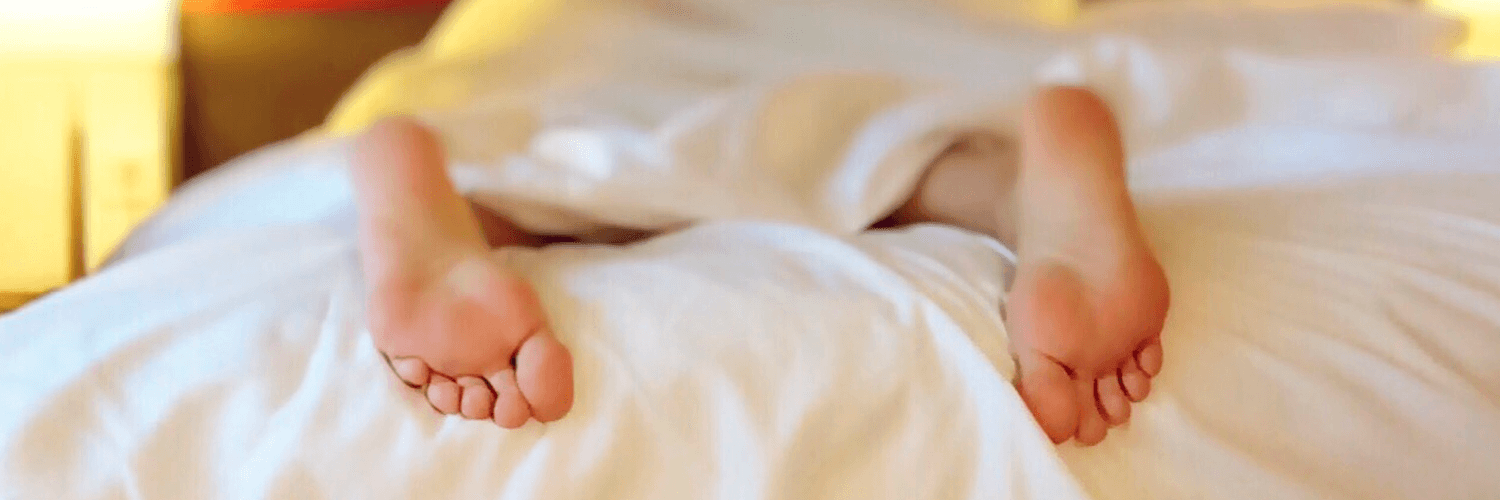10 Things You Need to Know About Cannabis and Sleep

Cannabis can help you to fall asleep quickly – that’s why many people keep it on the bed table. Sedating indica is known to fight even the most severe insomnia but, in fact, a combination of many nuances affects quality and duration of your dreaming. There are ten facts you need to know about a complicated relationship between cannabis and sleep.
1. Quality of Sleep Depends on Cannabinoid Makeup
There are different types of strains: some make you high, some don’t; others keep your buzz at the minimum (50/50 THC/CBD makeup). A 2006 study tested the effects of high-CBD strains on animal models in lights on/lights off environments. It found that CBD increased alertness with the lights on and had no notable effects on sleep in the dark room. The researchers concluded that CBD might be a solution for people with somnolence or excessive daytime sleepiness.
2. Indica Is Better for Quality Sleep
People believe that indica strains tend to induce drowsiness while sativas are uplifting. The experience proves that it is true, but the science does not know exactly why. Some think that it has to do with the terpenes – in other words, more sedating aromatic compounds that make every strain unique.
3. Old Cannabis Induces Sleepiness
When THC degrades over time, it becomes cannabinol or CBN. This compound is five times more sedating than THC – which makes it much more powerful when it comes to getting you asleep.
4. Natural Remedies To Help Cannabis Sleep Effects
Pair cannabis with other natural sleep aids and you will get remarkable results. Other terpenoids go incredibly well with CBN which produces quality rest. You can use hops, chamomile, or lavender to include it in your good-night routine.
5. Fall Asleep Faster With Cannabis
Cannabis helps you fall asleep faster, and it is especially useful to those treating pain, insomnia, PTSD, or other conditions that interfere with healthy sleep. Cannabis relieves bothersome symptoms and relaxes muscles. It is better to opt out for edibles – they kick in later but provide a longer rest.
6. Late Night Cannabis May Cause ‘Hangover.’
Cannabis can cause mild ‘hangovers.’ It means you might feel a little dehydrated and lethargic. Good news: it may never happen to you. Others may experience severe headaches from consuming low-quality cannabis. The best way to avoid morning troubles is to use clean marijuana, drink lots of water, eat healthy foods, and know when to stop.
7. Cannabis Prevents REM-sleep and Dreaming
Cannabis will take your dreams away. No, seriously. Dreams occur during the final stage of REM-cycle (rapid eye movement). Bedtime cannabis use is shown to reduce the time spent in REM which means you will not have vivid dreams. However, if you stop long-term cannabis use, you are likely to get your REM back – with even more lucid dreams.
8. Cannabis To Fight Sleep Apnea
Sleep apnea is a sleep condition known for various troubles with breathing, lasting from few seconds to few minutes. This situation leads to daytime sleepiness, fatigue, headaches, and other health problems. According to a 2013 study, cannabis may fight sleep apnea (in 15 out of 17 study participants following 21 days of treatment). A 2002 study observed THC’s ability to restore respiratory stability by modulating serotonin signaling.
9. Quitting A Long-Time Use Can Make Sleep Worse
If you have ever quit long-term cannabis use, you are probably familiar with this feeling of waking up frequently or feeling tired the next day. According to a 2008 study, discontinuing long-term use led to shorter sleep time, worse sleep efficiency, shorter REM-cycle, and lots of other, not so pleasant things. However, these findings are limited by a small sample size and the inability to single out an exact reason for such behavior.
10. Early Cannabis Use May Cause Sleeping Problems
Starting cannabis early – particularly before the age of 15 – may cause sleeping problems throughout adulthood. A 2014 study took a survey on 1,811 participants with a history of use but was unable to determine whether cannabis alone was a cause of worsened sleep. More studies are required to define a causation.
This article is based on this Leafly material.
(Sweedsy in no way encourages illegal activity and would like to remind its readers that marijuana usage continues to be an offense under Federal Law, regardless of state marijuana laws. To learn more, click here.)


No Comments